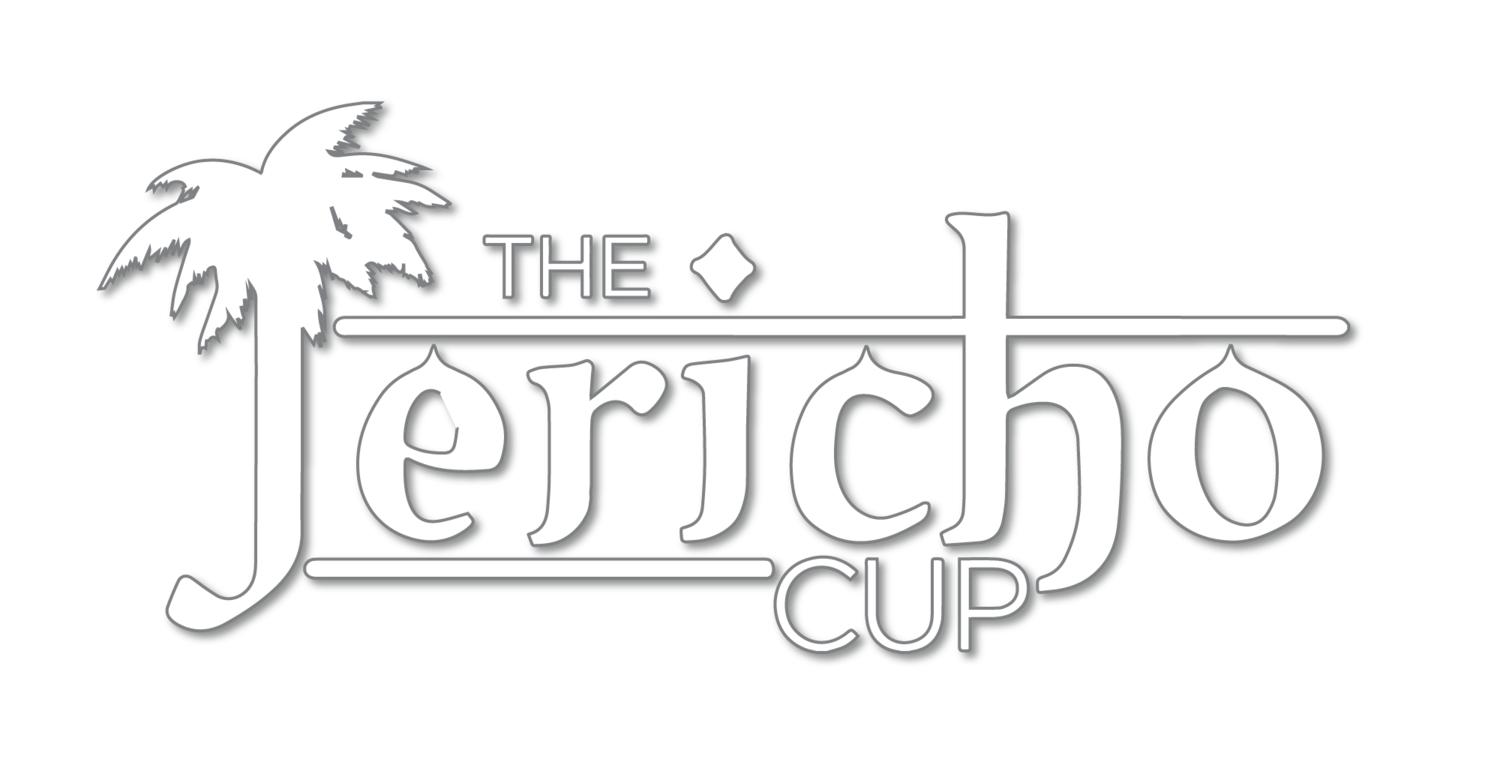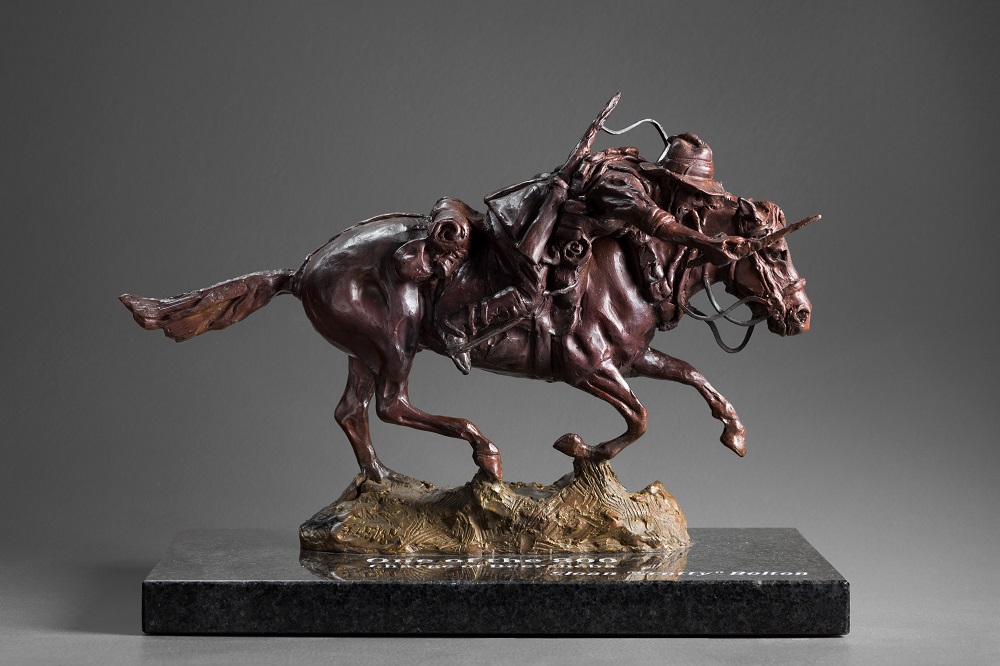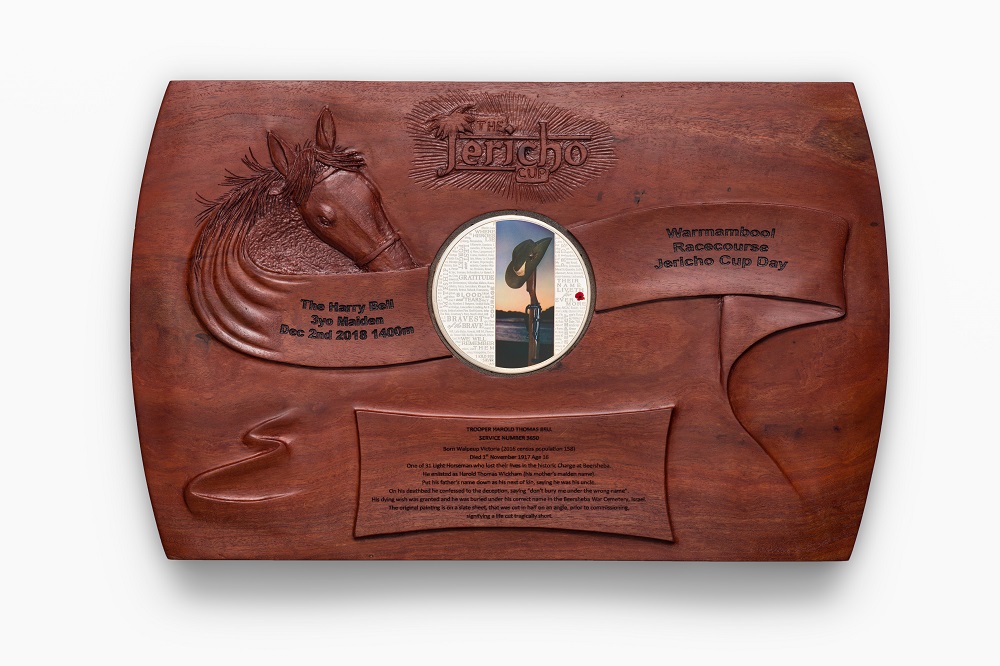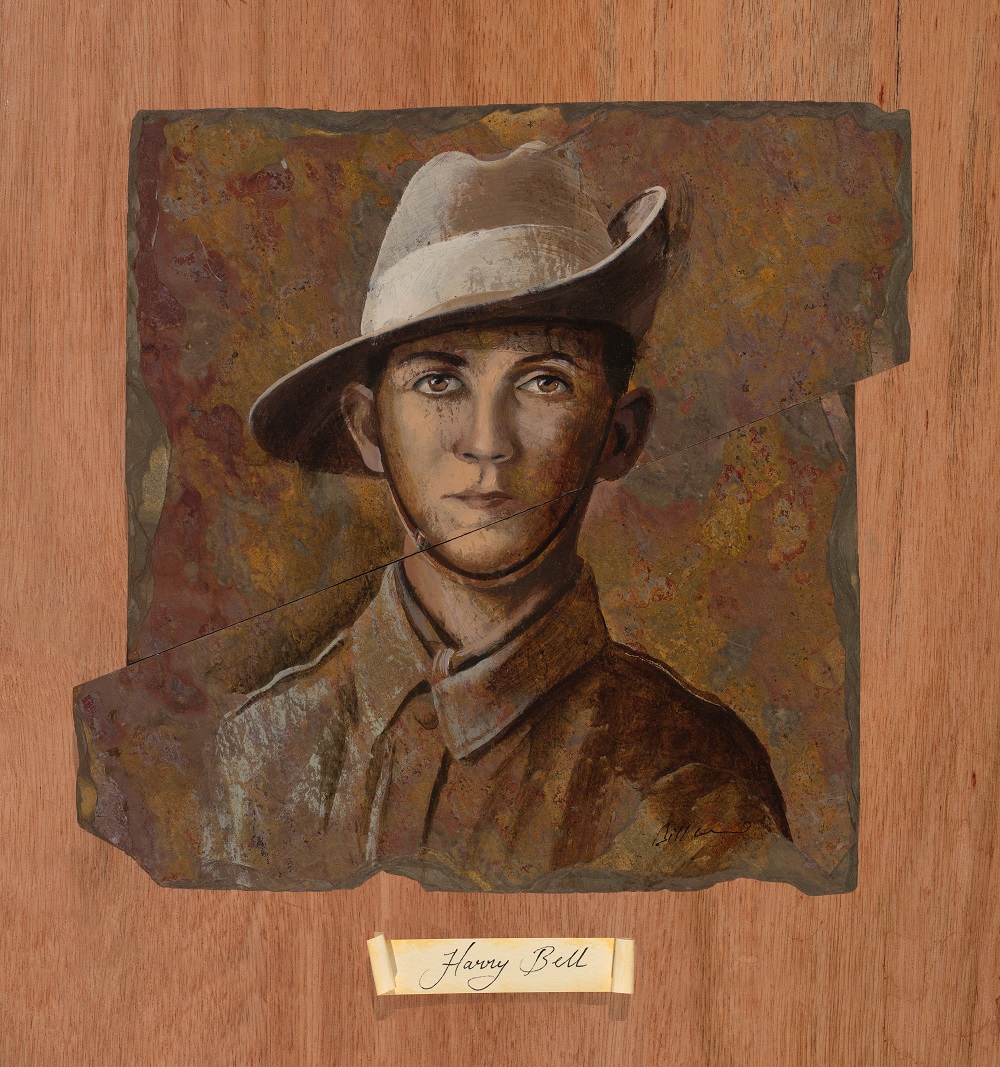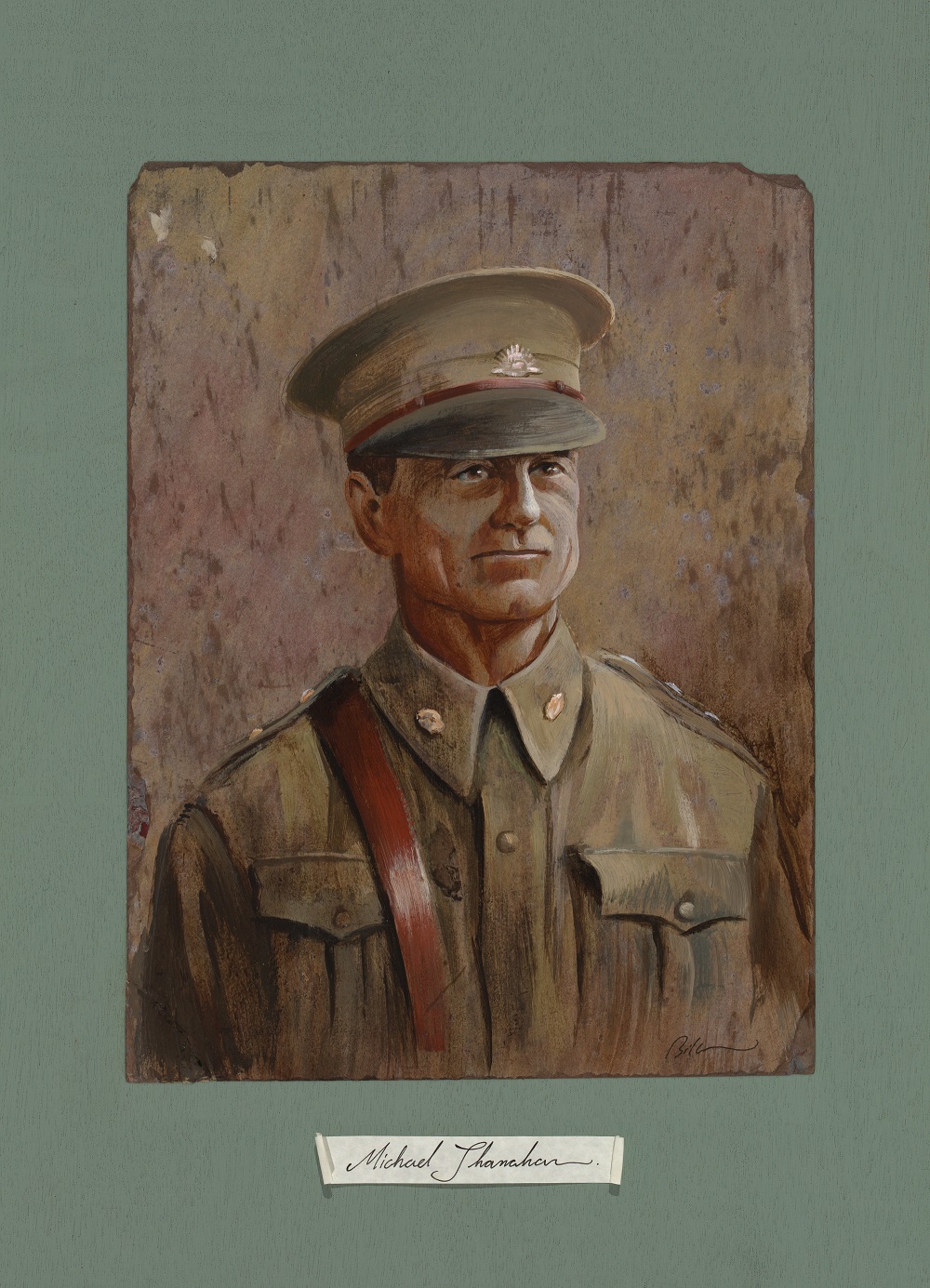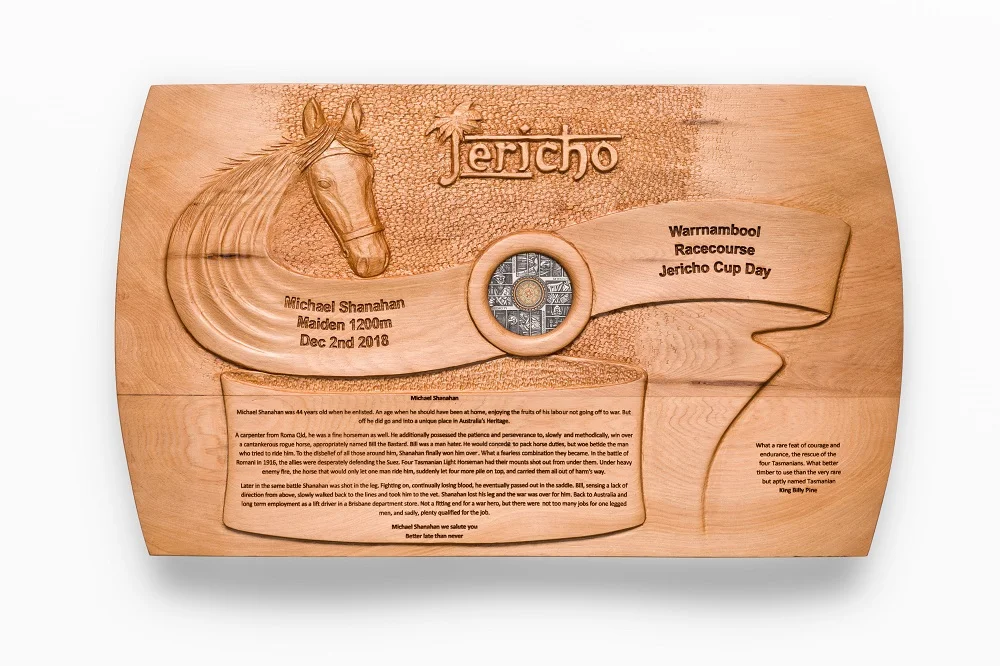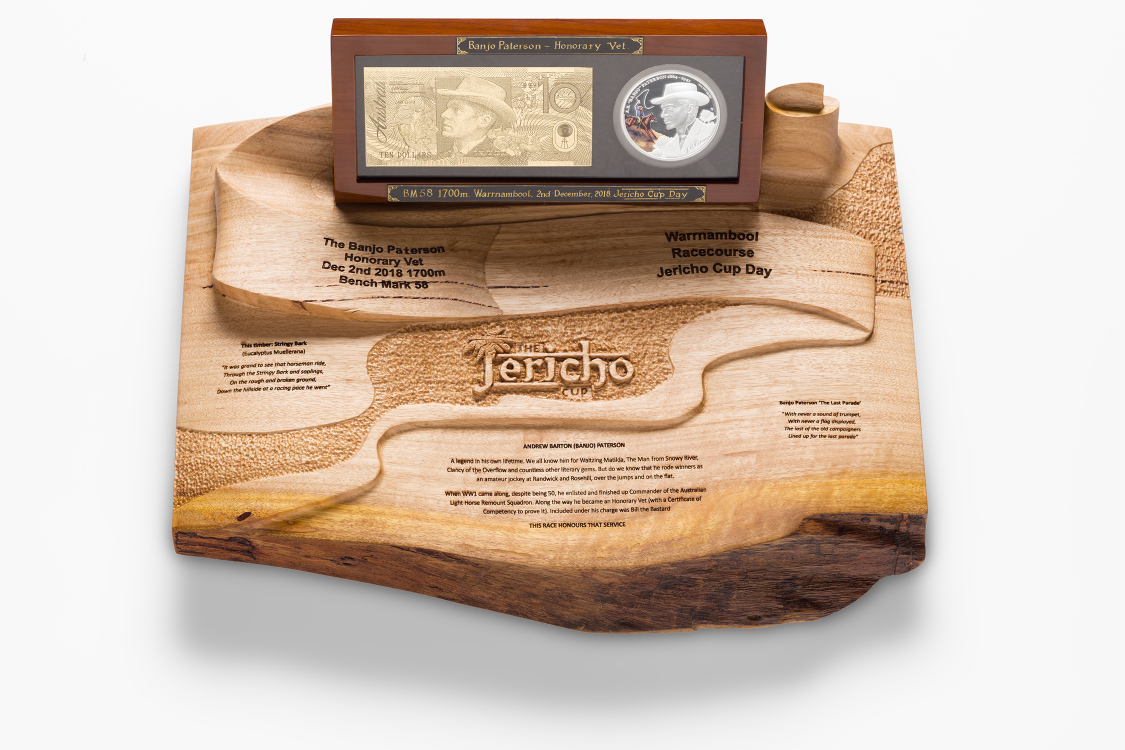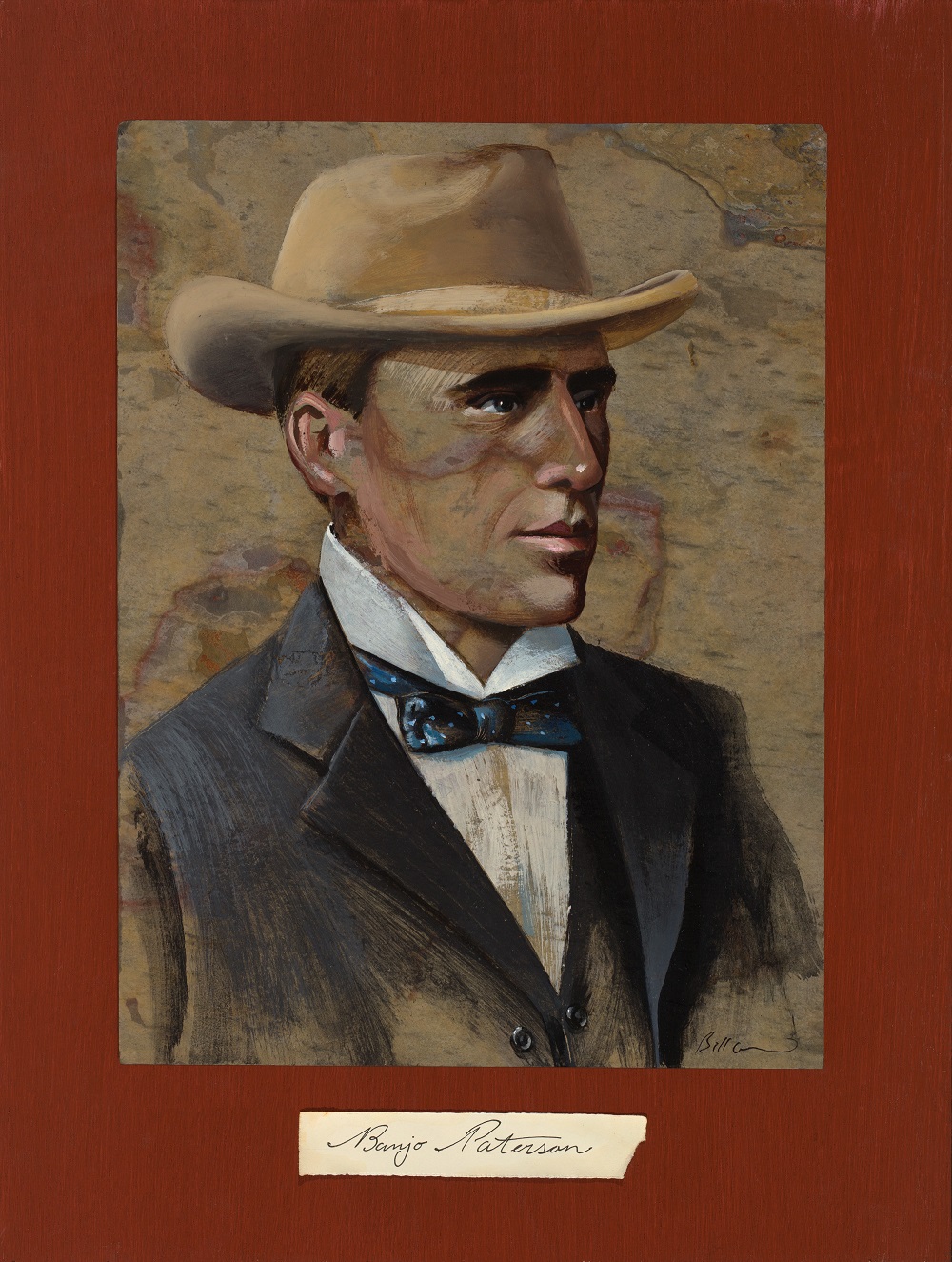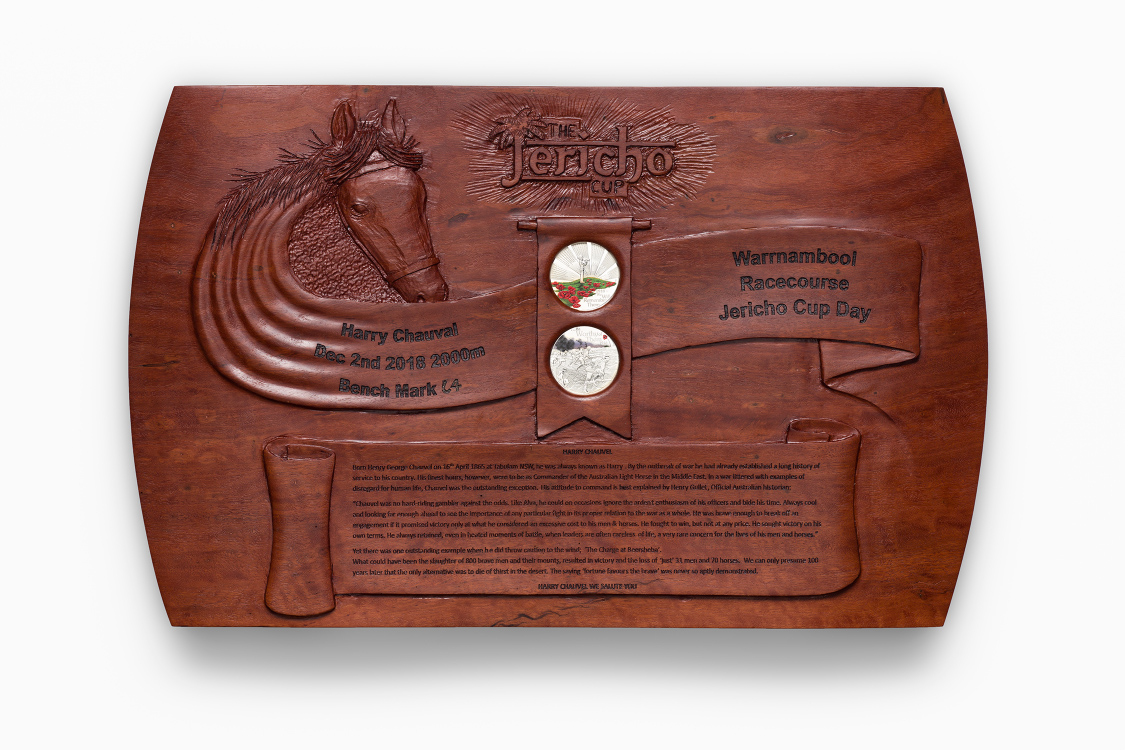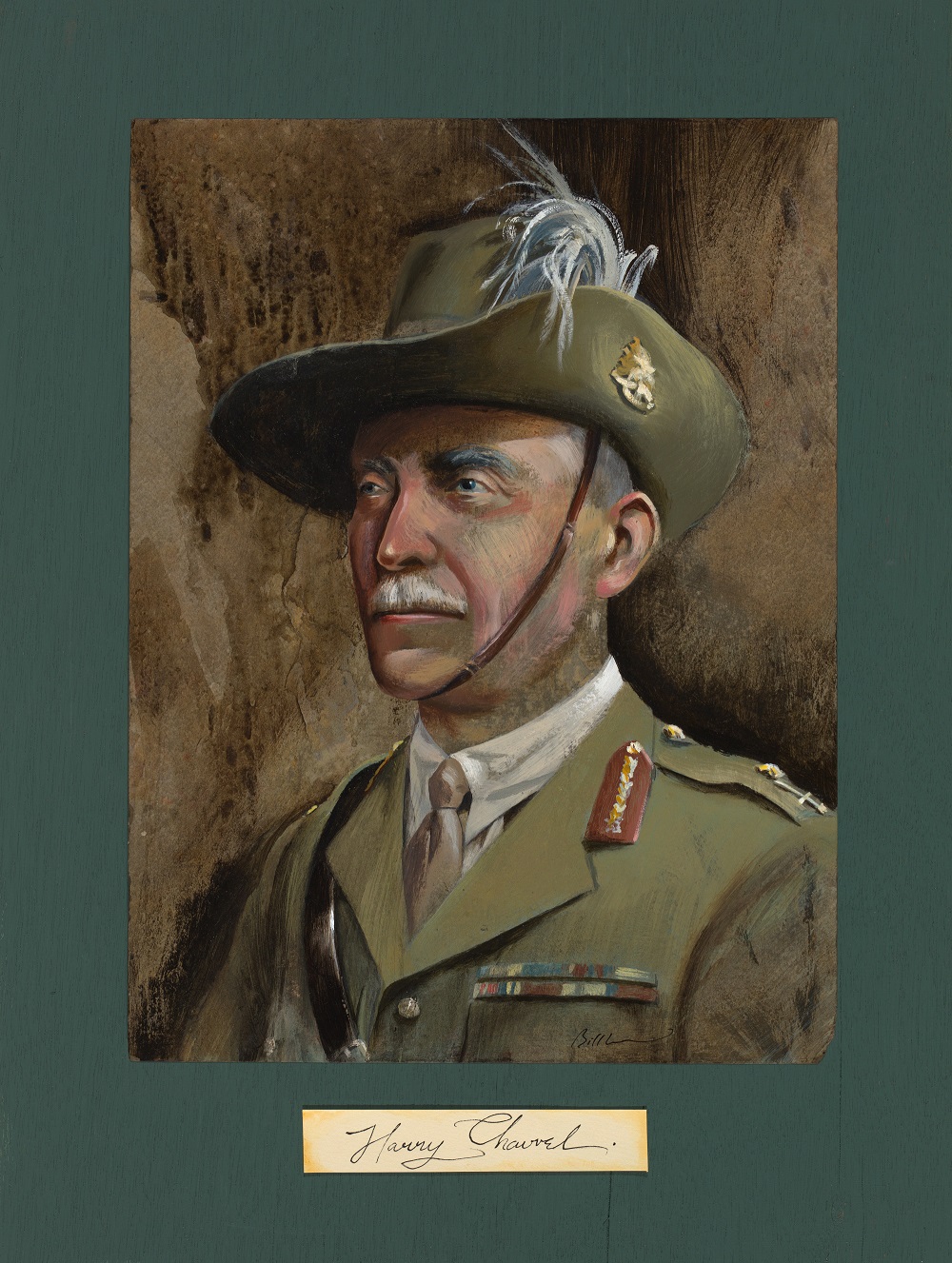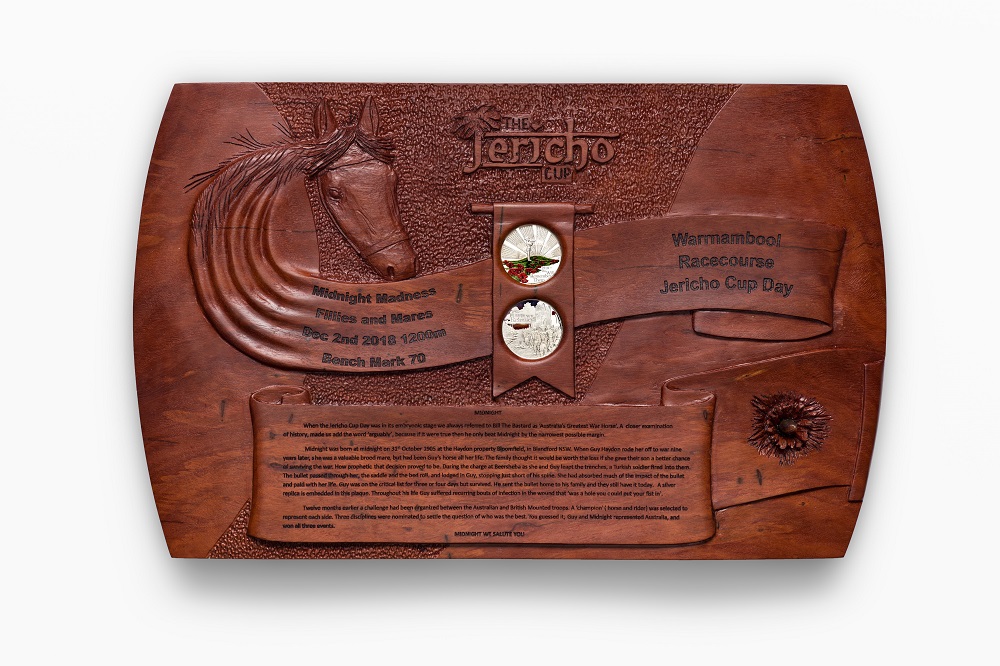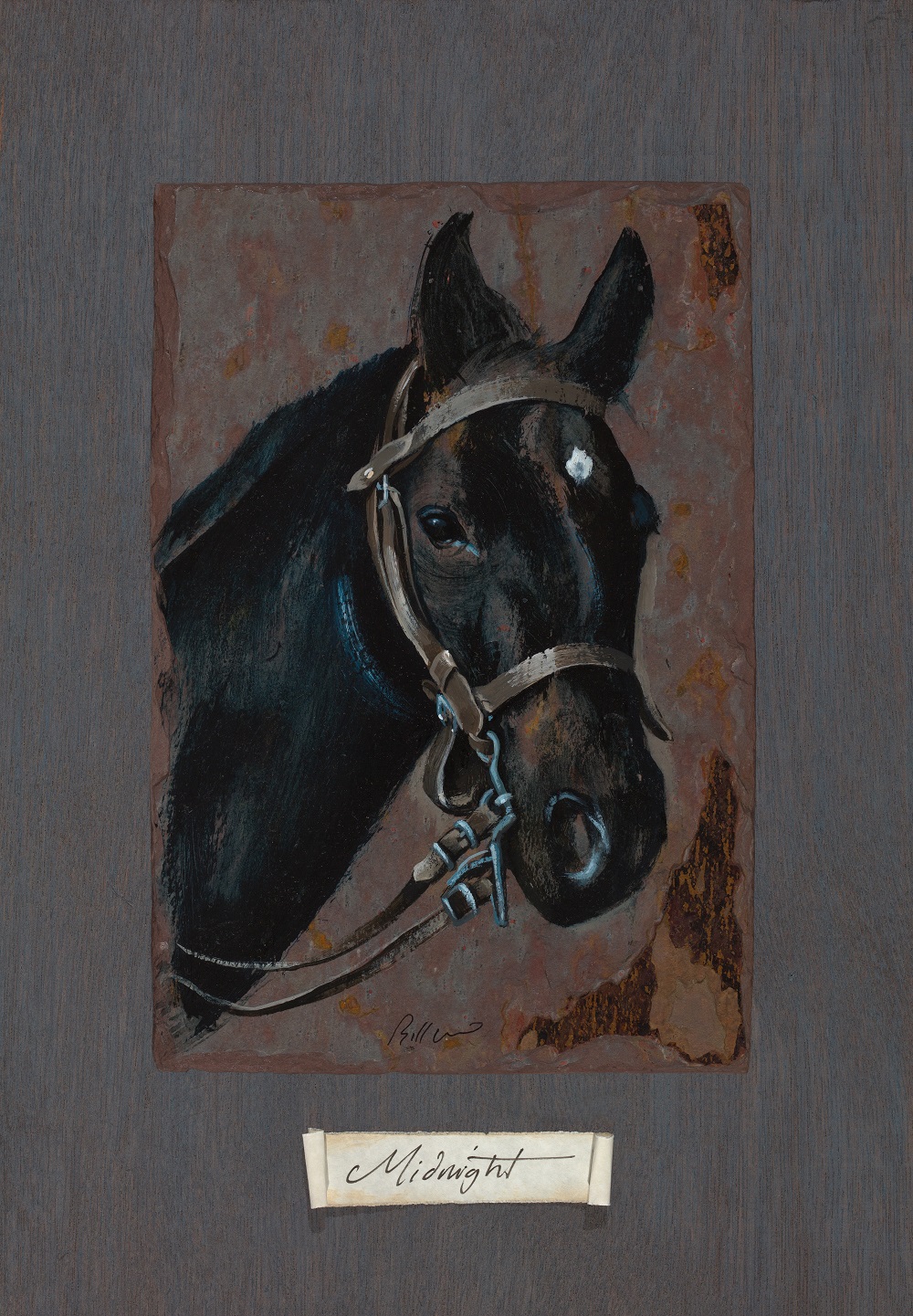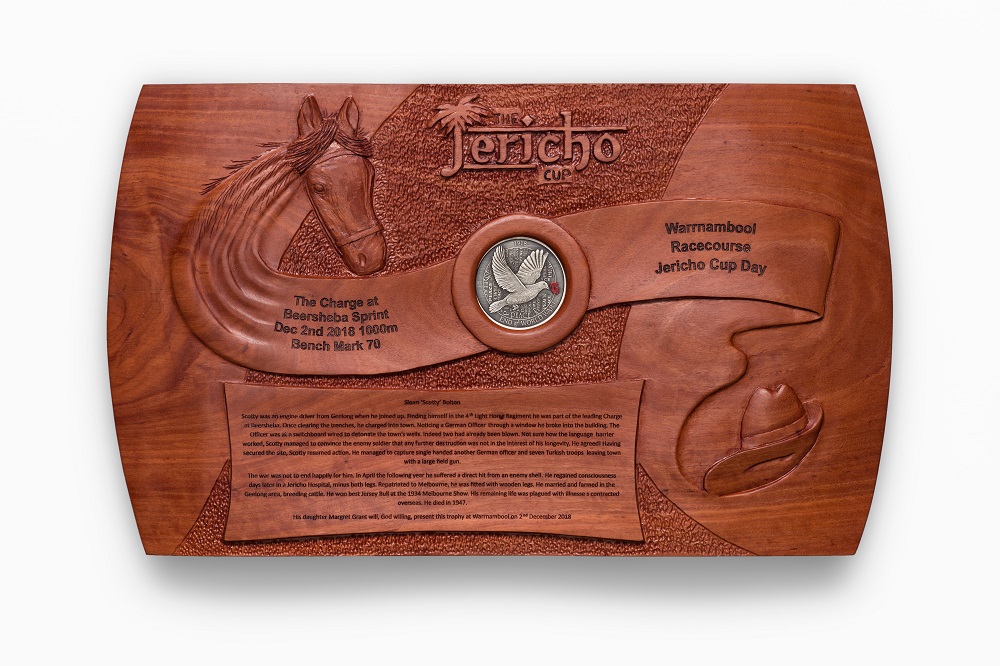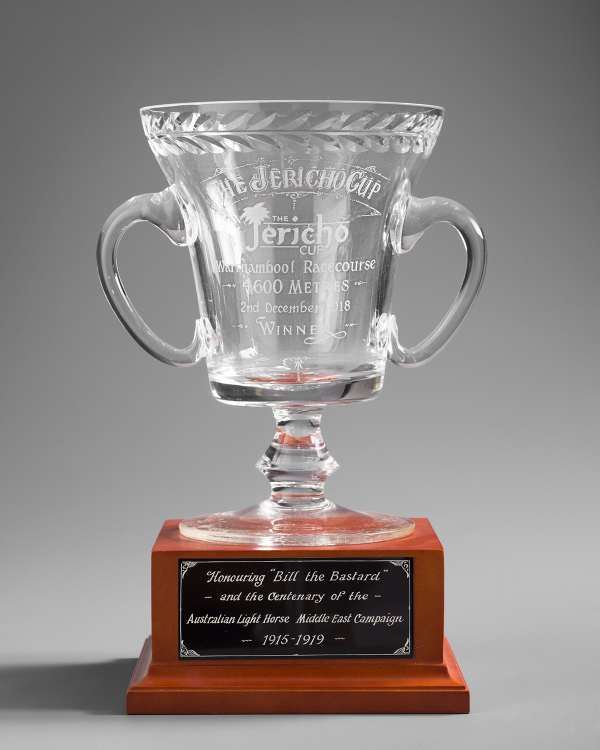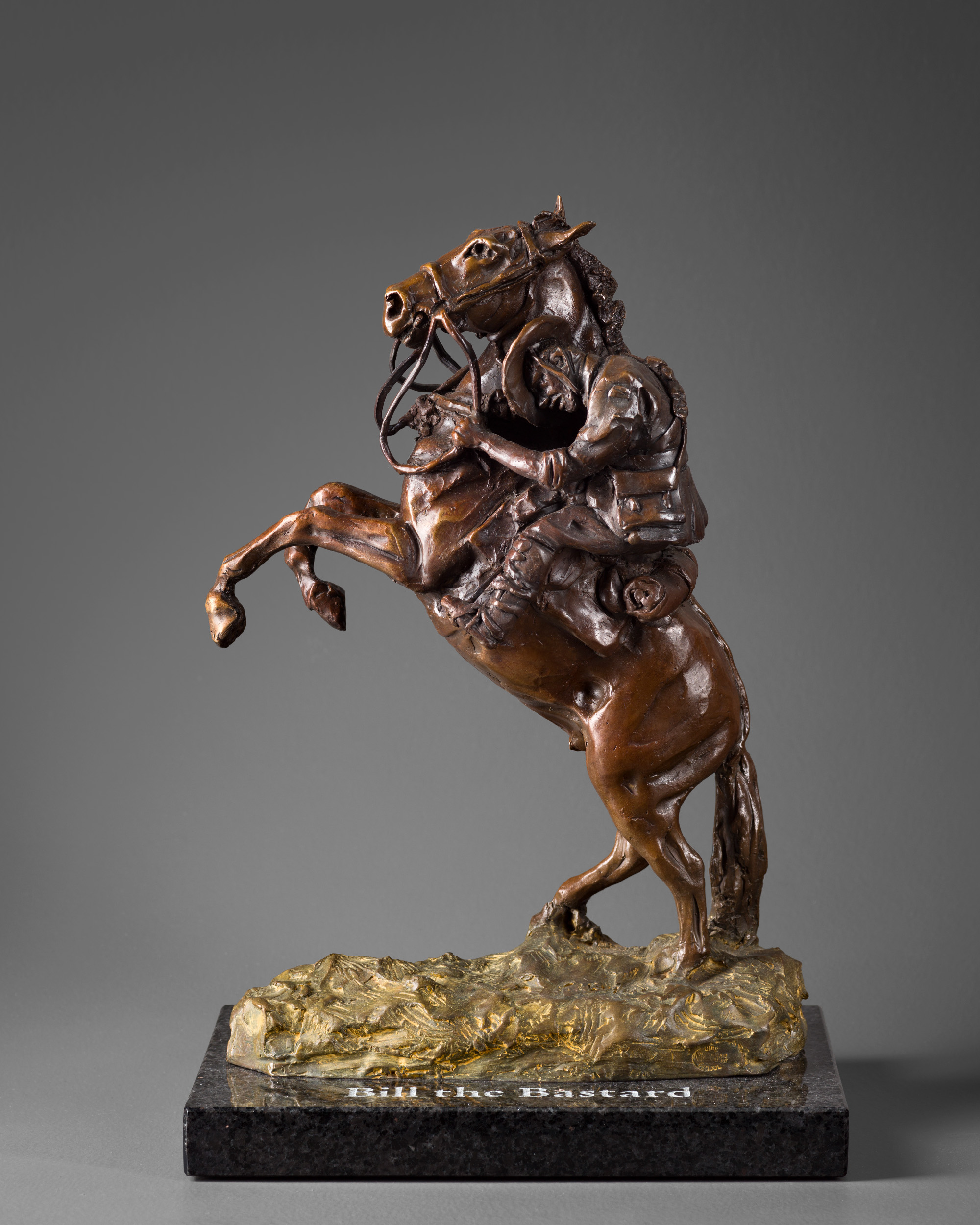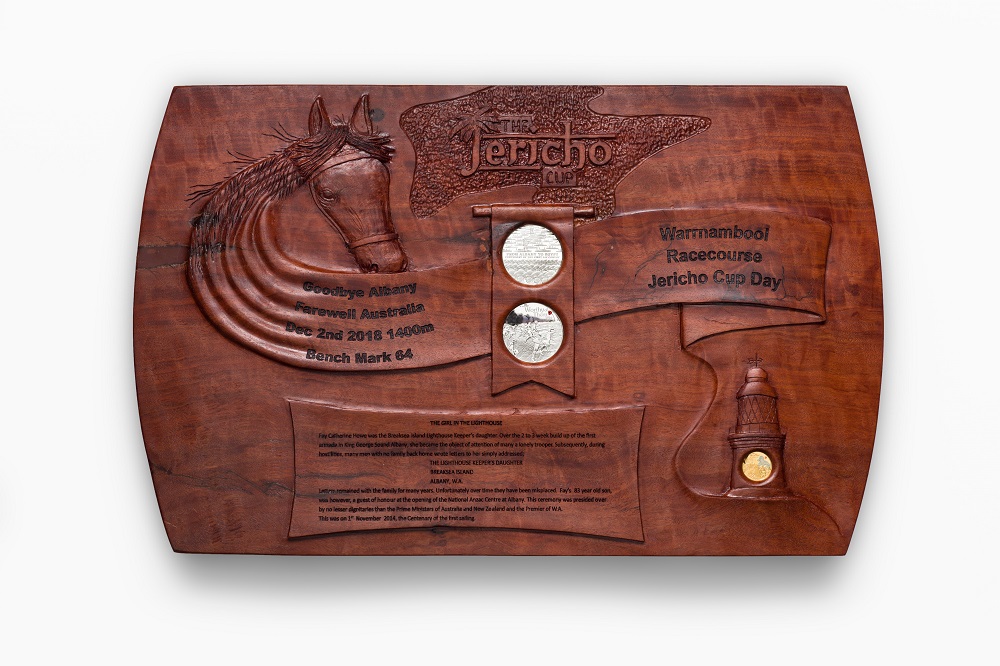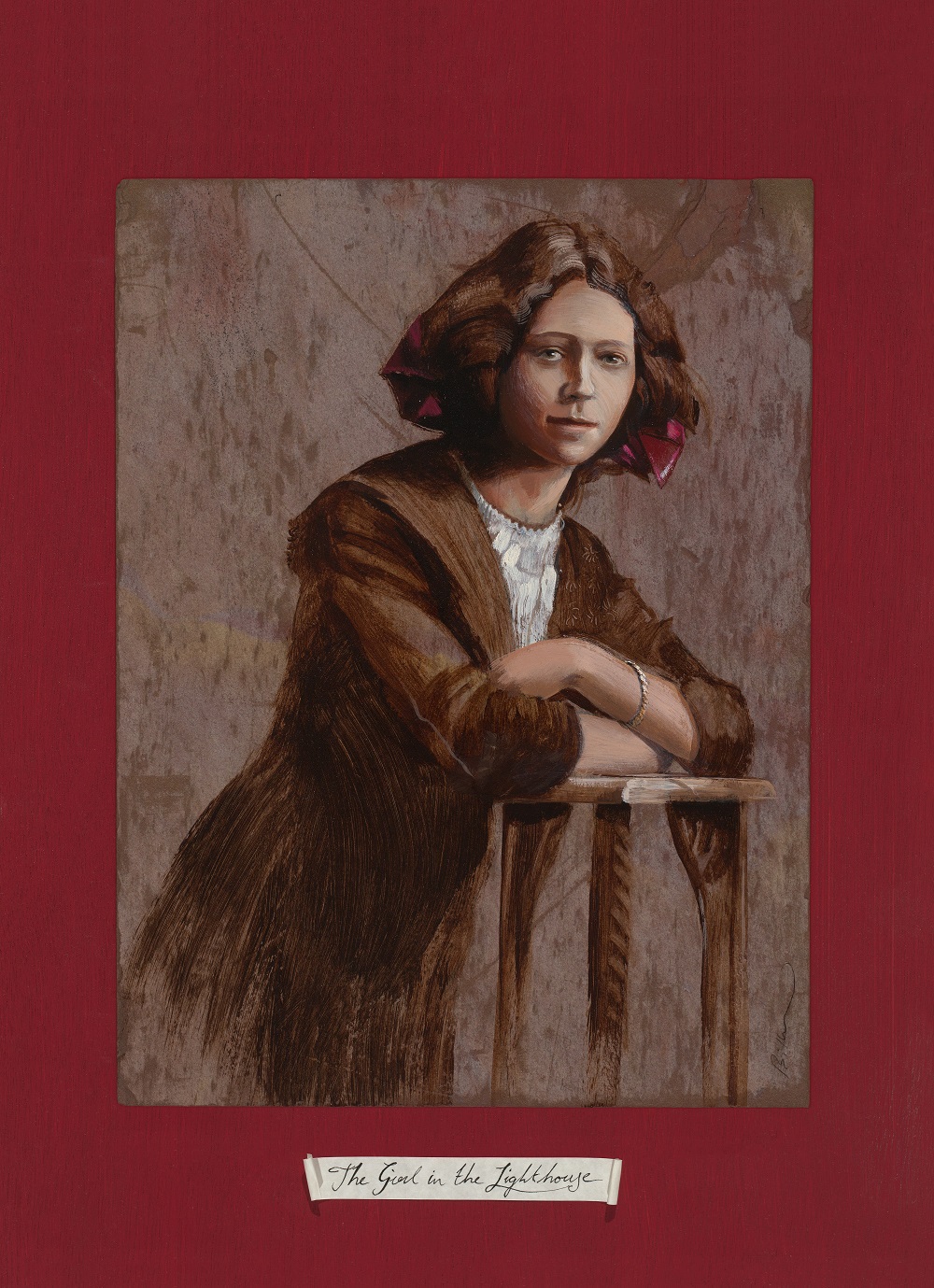Trophies
RACE 1 – Harry Bell
More Info
Born Walpeup Victoria (2016 census population 158). Died 1st November 1917, aged 16.
One of 31 Light Horsemen killed as a result of the historic Charge at Beersheba.
Enlisted as Harold Thomas Wickham (mother’s maiden name) and recorded next of kin as his father, but stated that he was his uncle
On his deathbed he corrected the deception saying “don’t bury me under the wrong name!”
His last wish was granted and he is buried under the correct name in the Beersheba War Cemetery, Israel.
This portrait is on stone that was cut on an angle prior to commissioning, signifying a life cut tragically short.
HARRY BELL WE SALUTE YOU
Race 2 – MICHAEL SHANAHAN
More Info
Michael Shanahan was 44 years old when he enlisted. An age when he should have been at home, enjoying the fruits of his labour, not going off to war. But off he did go, and into a unique place in Australia’s Heritage.
A carpenter from Roma Qld, he was a fine horseman as well. He additionally possessed the patient and perseverance to, slowly and methodically, win over a cantankerous rogue horse,appropriately named Bill the Bastard. He was a man hater. He would concede to pack horse duties,but woe betide the man who tried to ride him.
To the disbelief of all around him, Shanahan finally won him over. What a fearless combination they became. In the battle of Romani in 1916, the Allies were desperately defending the Suez. Four Tasmanian Light Horsemen had their mounts shot out from under them. Under heavy enemy fire, the horse that would only let one man ride him, suddenly let four more pile on him, and took them out of harm’s way
Later in the same battle Shanahan was shot in the leg. Fighting on, continually losing blood,he eventually passed out in the saddle. Bill, sensing a lack of direction from above, slowly walked him back to the lines, and took him to the Vet!
Shanahan lost the leg and the war was over for him. Back to Australia and long term employment as a lift driver in a Brisbane department store. Not a just and fitting ending for a war hero, but there weren’t too many jobs for one legged men, and sadly plenty qualified for the job.
MICHAEL SHANAHAN WE SALUTE YOU
BETTER LATE THAN NEVER
RACE 3 - BANJO PATERSON, HONORARY VET
More Info
A legend in his own lifetime. We all know him for Waltzing Matilda, The Man from Snowy River, Clancy of the Overflow and countless other literary gems. But do we know he rode winners as an amateur jockey at Randwick and Rosehill, over the jumps and on the flat.
When WWI came along, despite being 50, he enlisted and finished up Commander of the Australian Light Horse Remount Squadron. Along the way he became an Honorary Vet (with a Certificate of Competency to prove it).
THIS RACE HONOURS THAT SERVICE
“With never a sound of trumpet,
With never a flag displayed,
The last of the old campaigners
“With never a sound of trumpet,
Banjo Paterson, ‘The Last Parade’
RACE 4 – HARRY CHAUVEL
More Info
Born Henry George Chauvel on 16th April 1865 at Tabulam NSW, he was always known as Harry Chauvel. By the outbreak of war he had already established a long history of service to his country. It was, however, that his finest hours were to be as Commander of the Australian Light Horse in the Middle East.
In a war littered with examples of disregard for human life, Chauvel was the outstanding exception. His attitude to command is best explained by Henry Gullet – official Australian historian
“Chauvel was no hard-riding gambler against odds. Like Alva, he could on occasion ignore the ardent enthusiasm of his officers and bide his time. Always cool, and looking far enough ahead to see the importance of any particular fight in its proper relation to the war as a whole, he was brave enough to break off an engagement if it promised victory only at what he considered an excessive cost to his men and horses. He fought to win, but not at any price. He sought victory on his own terms. He always retained, even in heated moments of battle, when leaders are often careless of life, a very rare concern for the lives of his men and his horses.”
Yet there was one outstanding example when he did throw caution to the wind – The Charge at Beersheba. What could have been the slaughter of 800 brave men and their mounts, resulted in victory and the loss of ‘just’ 31 men and 70 horses. We can only presume 100 years later that the only alternative was to die of thirst in the desert.
The saying ‘fortune favours the brave’ was never so aptly demonstrated.
HARRY CHAUVEL WE SALUTE YOU
RACE 5 – MIDNIGHT MADNESS - FILLIES AND MARES
More Info
King George Sound, Albany, was the launching place of the original Armada, carrying the Light Horsemen off to war.
Hopefully for this year’s winner of the Jericho Cup Consolation, it will be the launching pad for a successful tilt at next year’s main event.
This trophy marks the beginning of that unique mission with ‘’Guaranteed Start” status for next year.
WE WISH THE BEST OF LUCK TO ALL OF THE FIELD
RACE 6 – CHARGE AT BEERSHEBA SPRINT
More Info
When Jericho Cup Day was in its embryonic stage we always referred to Bill the Bastard as ‘Australia’s Greatest War Horse’. A closer examination of history made us add the word ‘arguably’. Because if it was true then he only beat Midnight by the narrowest possible margin.
Born at midnight on 31st October 1905 at the Haydon property at Blandford NSW. Guy Haydon rode her off to war nine years later. She was a valuable brood mare, but she had been his horse all her life. The family thought it would be worth the loss of her if she gave their son a better chance of surviving the war. How prophetic that decision was to be.
During the Charge at Beersheba as she and Guy went over the trenches, a Turkish soldier fired into her. The bullet passed through her, the saddle and into Guy, stopping just short of his spine. She had absorbed much of the impact of the bullet and paid with her life.
Guy was on the critical list for three or four days but survived. He sent the bullet home to his family and they still have it today. A silver replica of the bullet is embedded in this plaque. Throughout his life Guy suffered recurring bouts of infection in the wound that ‘was a hole you could put your fist in’.
Turns out twelve months earlier a challenge had been organised between the Australian and British Mounted troops. A ‘champion’ was selected to represent each side. Three disciplines were nominated to settle the question of who was the best. You guessed it, Guy and Midnight represented Australia, and won all three events.
MIDNIGHT WE SALUTE YOU
RACE 7 – THE JERICHO CUP
More Info
Scotty was an engine driver from Geelong when he joined up. Finding himself in the 4th Light Horse Regiment he was part of the leading group in the Charge at Beersheba.
Once clearing the trenches, he charged into town. Noticing a German officer through a window he broke into the building. The officer was at a switchboard wired to detonate the town’s wells. Indeed two had already been blown.
Not sure how the language barrier worked, but Scotty managed to convince the enemy soldier that any further destruction was not in the interests of his longevity. He agreed!
Having secured the site, Scotty resumed action. He managed to capture single handed another German officer and seven Turkish troops leaving town with a large field gun.
But the war was not to end happily for him. In April the following year he suffered a direct hit from an enemy shell. Regaining consciousness days later in a Jericho Hospital, minus both legs
Repatriated to Melbourne, he was fitted with wooden legs, got married and farmed in the Geelong area, breeding cattle. He won best Jersey Bull at the 1934 Melbourne Show. His remaining life was plagued with illnesses initially contracted overseas. He died in 1947.
His daughter Margaret Grant will, God willing, present this trophy at Warrnambool on 2nd December 2018.
SCOTTY BOLTON WE SALUTE YOU
RACE 8 – GOODBYE ALBANY, FAREWELL AUSTRALIA
More Info
Approaching the end of the First World War the Australian Light Horse were planning a major offensive against the Turkish Empire. In order to lull the enemy into believing nothing unusual was afoot, a race meeting was organised on the eve of the assault.
The main race was called The Jericho Cup over 3 miles through the desert sands. The winner was Bill the Bastard, probably Australia’s Greatest War Horse.
His exploits are detailed in the book Bill the Bastard by noted historian Professor Roland Perry. You can read Chapter 24 “The Ruse” on our web site above. It tells the story of the first Jericho Cup.
The Jericho Cup will be re-run annually from the 100th anniversary in 2018 to honour Bill the Bastard, the Australian Light Horsemen and their magnificent mounts – The Walers 1914 to 1918.
After the disaster of the Gallipoli landing, they collectively formed the spearhead of the Allied Forces in the Middle East. They destroyed the centuries old Ottoman Empire and drove the Turks from the Holy Land.
Traditionally we have remembered the disaster and not the ultimate victory. Until now...
